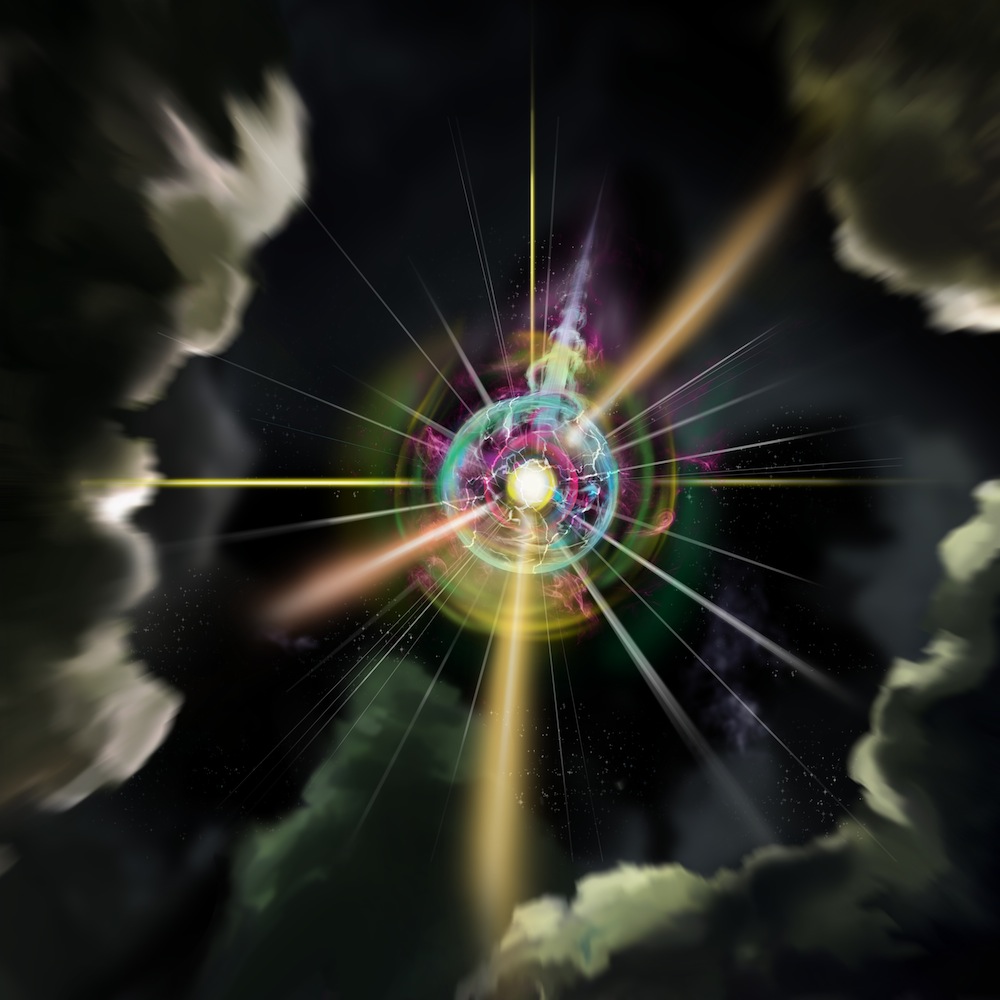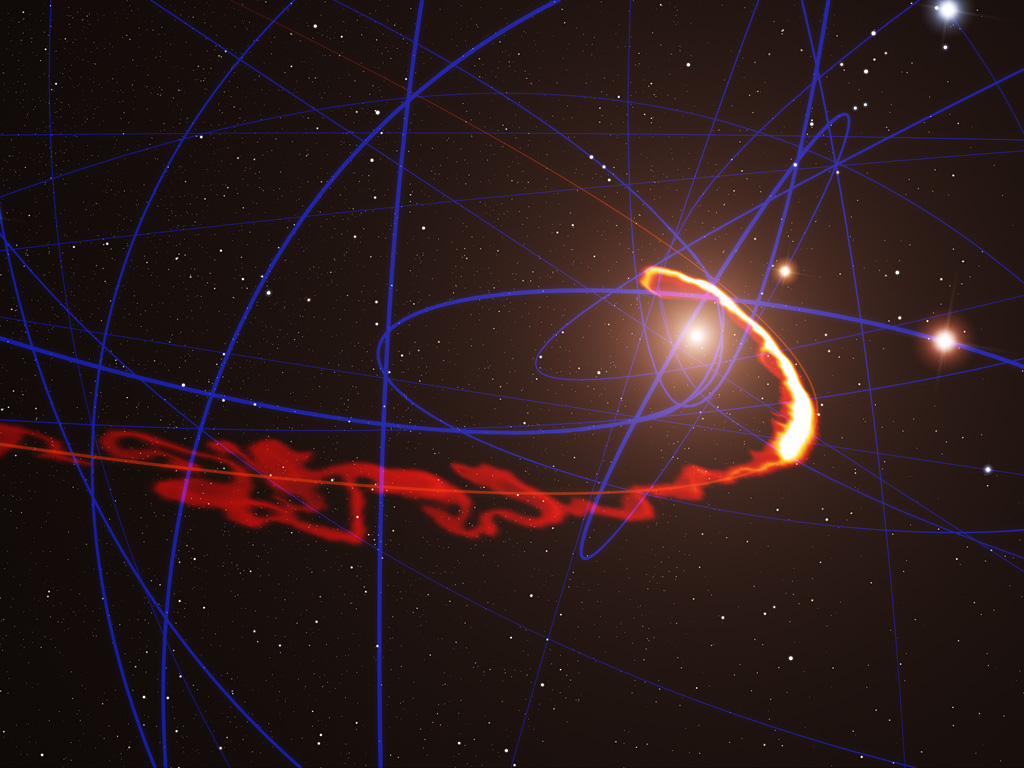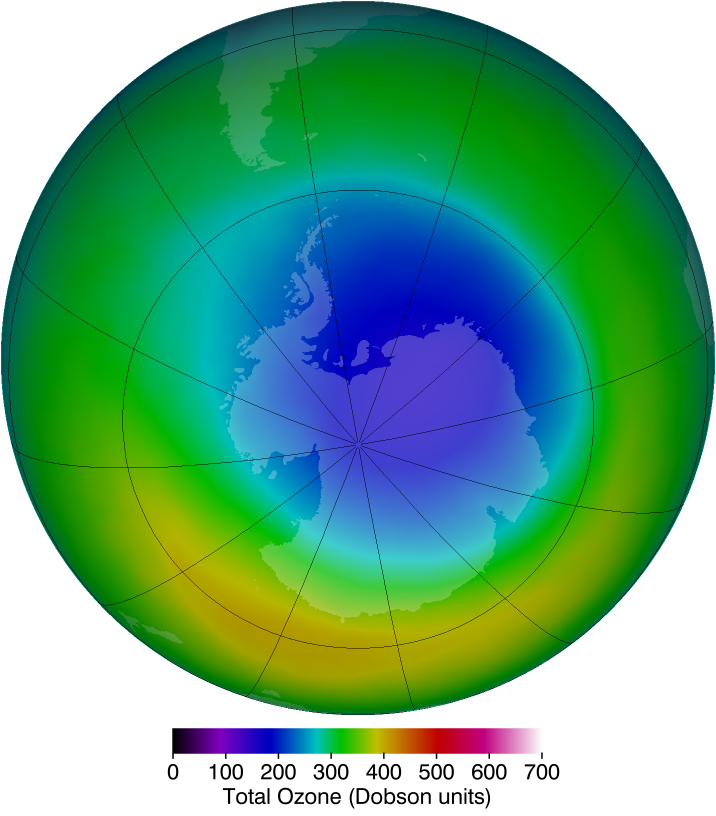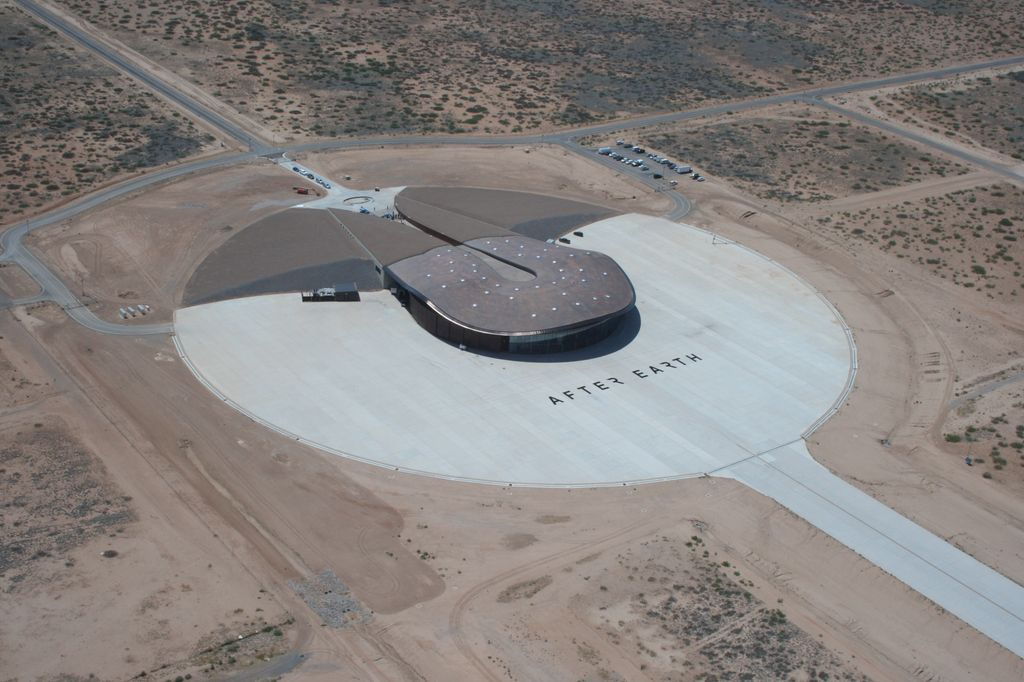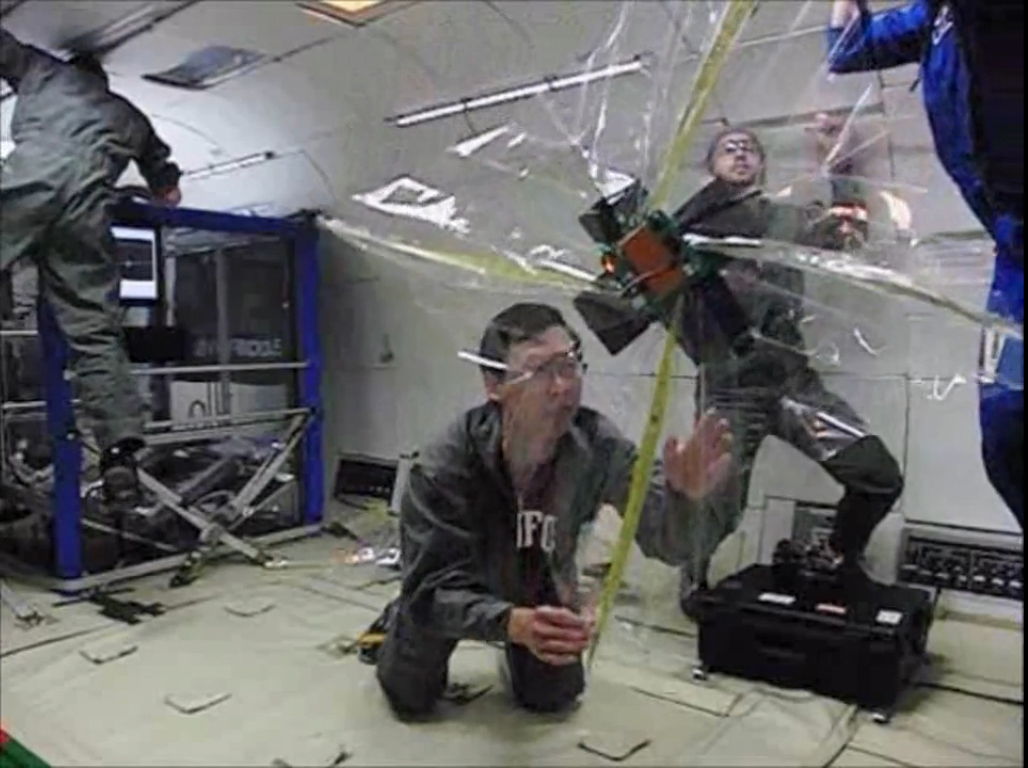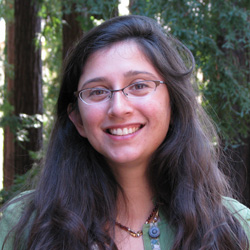
Tia Ghose
Tia is the assistant managing editor and was previously a senior writer for Live Science, a Space.com sister site. Her work has appeared in Scientific American, Wired.com and other outlets. She holds a master's degree in bioengineering from the University of Washington, a graduate certificate in science writing from UC Santa Cruz and a bachelor's degree in mechanical engineering from the University of Texas at Austin. Tia was part of a team at the Milwaukee Journal Sentinel that published the Empty Cradles series on preterm births, which won multiple awards, including the 2012 Casey Medal for Meritorious Journalism.
Latest articles by Tia Ghose
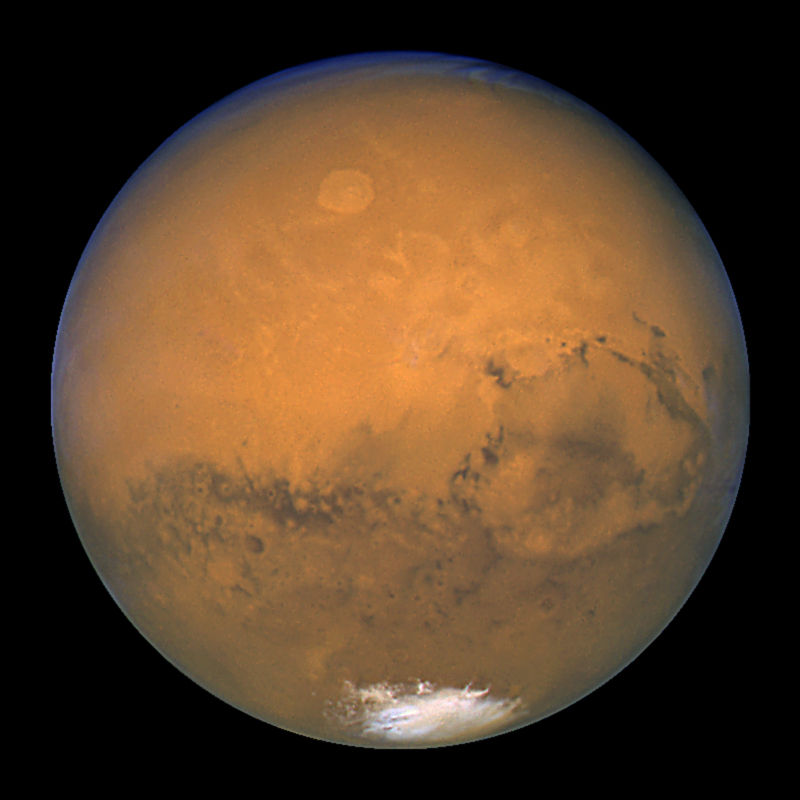
How to Search for Life on Mars
By Tia Ghose published
To aid in the search for life on Mars, people should look at the way primitive life on Earth modifies the environment around it.
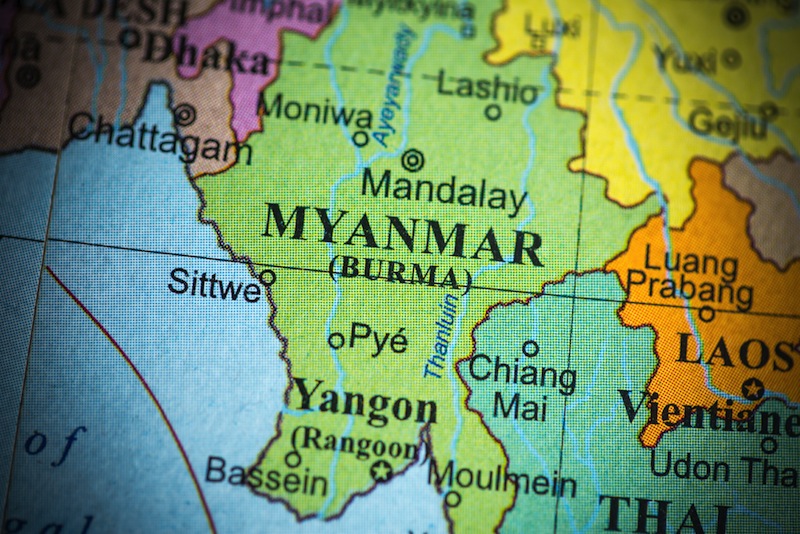
Mysterious Unidentified Object Crashes in Myanmar
By Tia Ghose published
A strange metal object that looks like it may have come from an aircraft or rocket launcher has landed in Myanmar.
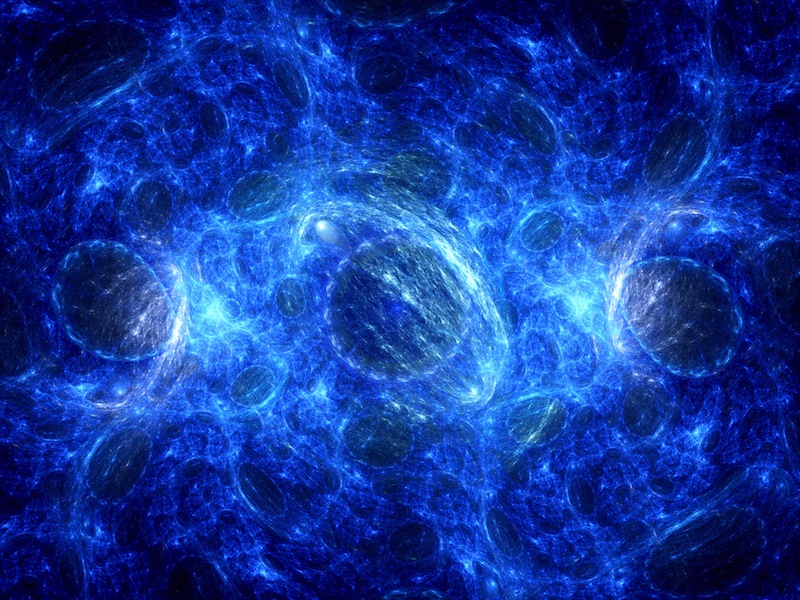
'Stranger Things': How Realistic Are Parallel Worlds?
By Tia Ghose published
The strange parallel universe on the show "Stranger Things" has some similarities to concepts physicists have proposed in the past.
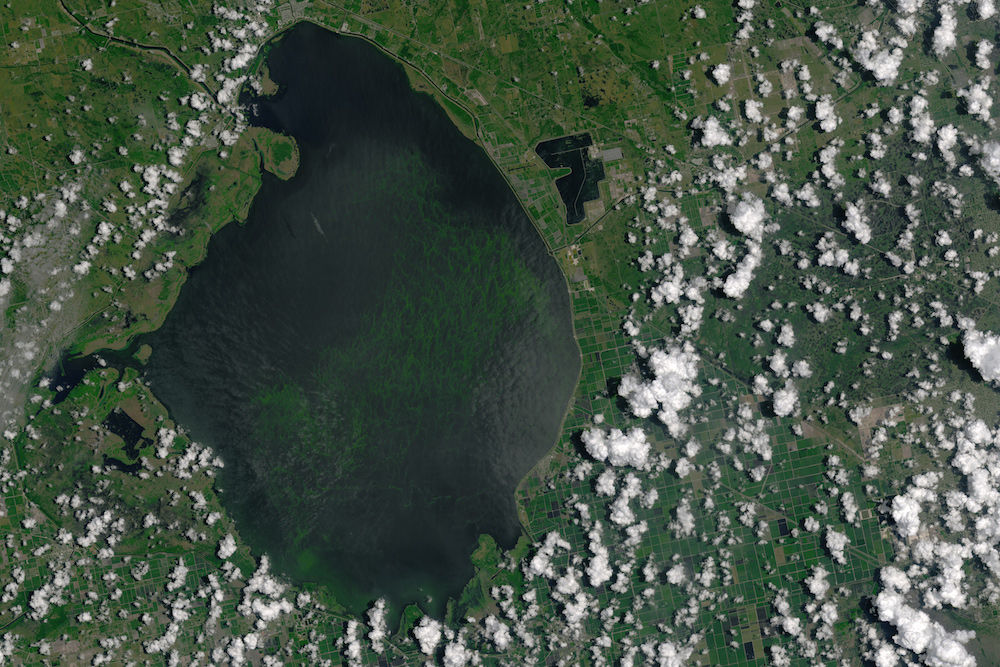
Massive Florida Algae Bloom Can Be Seen from Space
By Tia Ghose published
NASA satellites have captured a stunning image of a massive algal bloom that has overtaken Lake Okeechobee in Florida for more than two months.
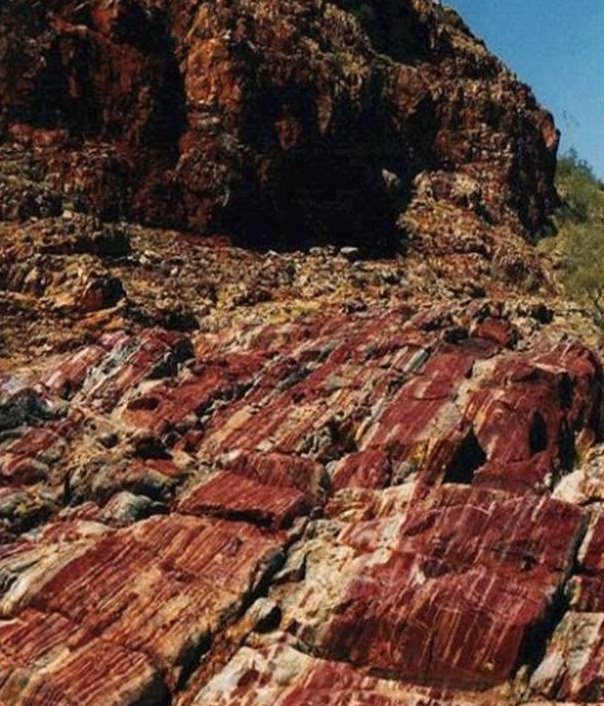
Bits of 3.5-Billion-Year-Old Asteroid Tell Story of Monster Impact
By Tia Ghose published
A massive asteroid bombarded the early Earth and left a crater hundreds of miles across, new evidence from an ancient rock formation suggests.
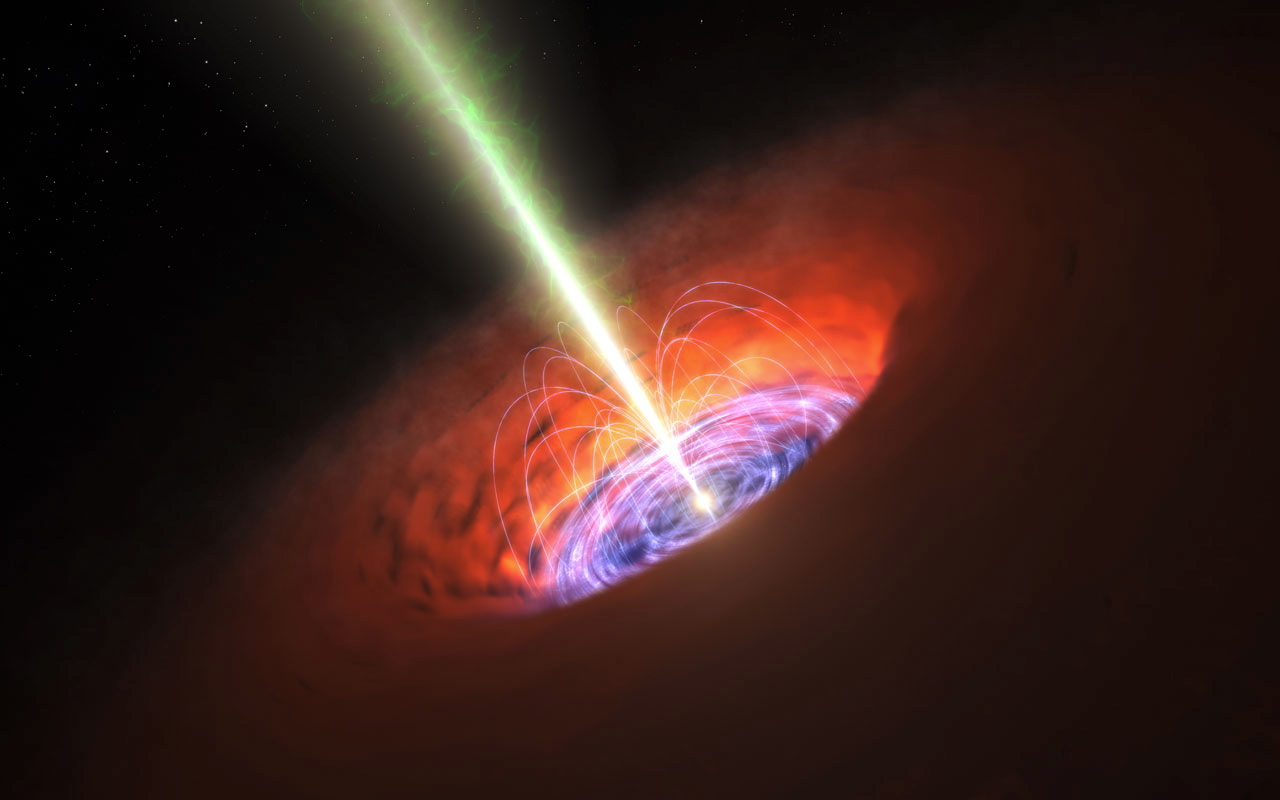
Stephen Hawking: Black Holes Have 'Hair'
By Tia Ghose published
Black holes may have hair made up of zero-energy gravitons and photons, meaning they may preserve information, research suggests.
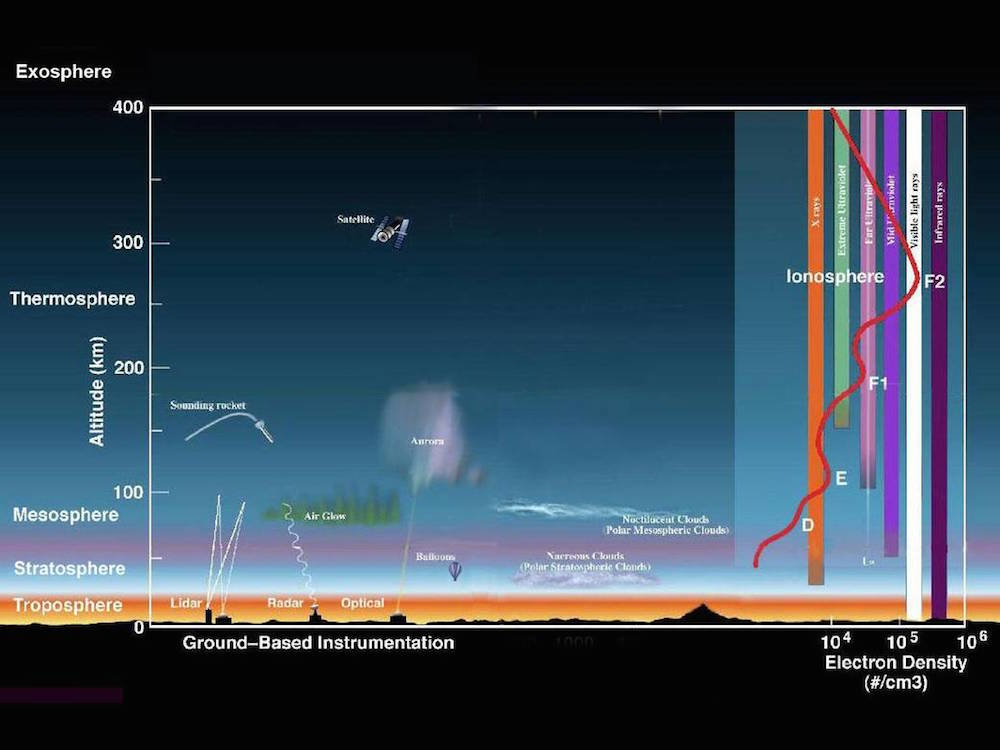
Missing Electrons in the Atmosphere Possibly Found
By Tia Ghose published
The mysterious disappearance of electrons in the atmosphere could be caused by meteors burning up in the sky, new research suggests.

Wormhole Created in Lab Makes Invisible Magnetic Field
By Tia Ghose published
Physicists have created a so-called magnetic wormhole that transports a magnetic field from one point to the other without being detected.
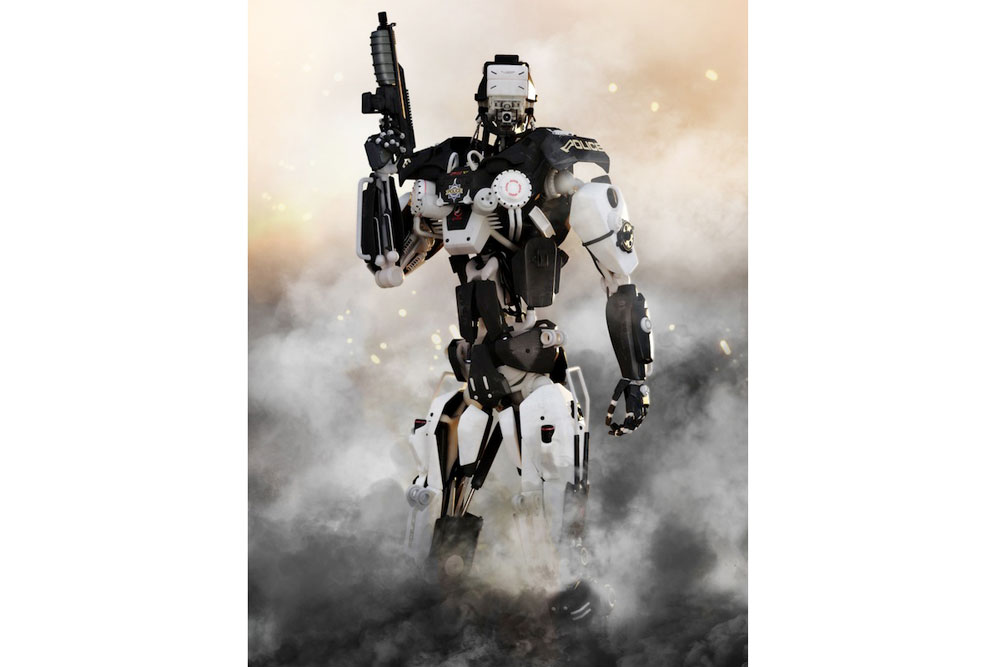
Ban Killer Robots Before They Take Over, Stephen Hawking & Elon Musk Say
By Tia Ghose published
A number of prominent scientists have signed on to a letter warning that autonomous weapons should be banned.
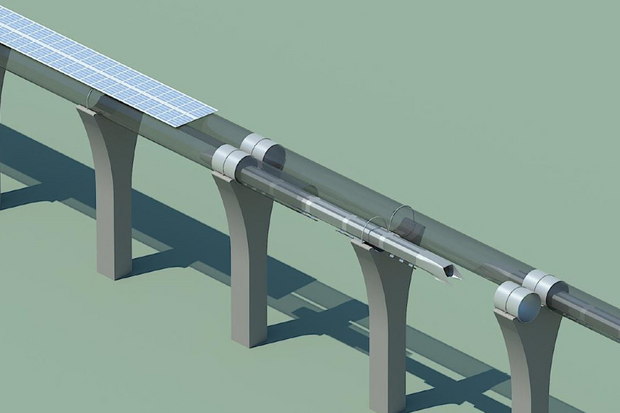
Elon Musk Wants Your Hyperloop Designs
By Tia Ghose published
Elon Musk's company has announced a new competition to build pods for the futuristic Hyperloop transit system.
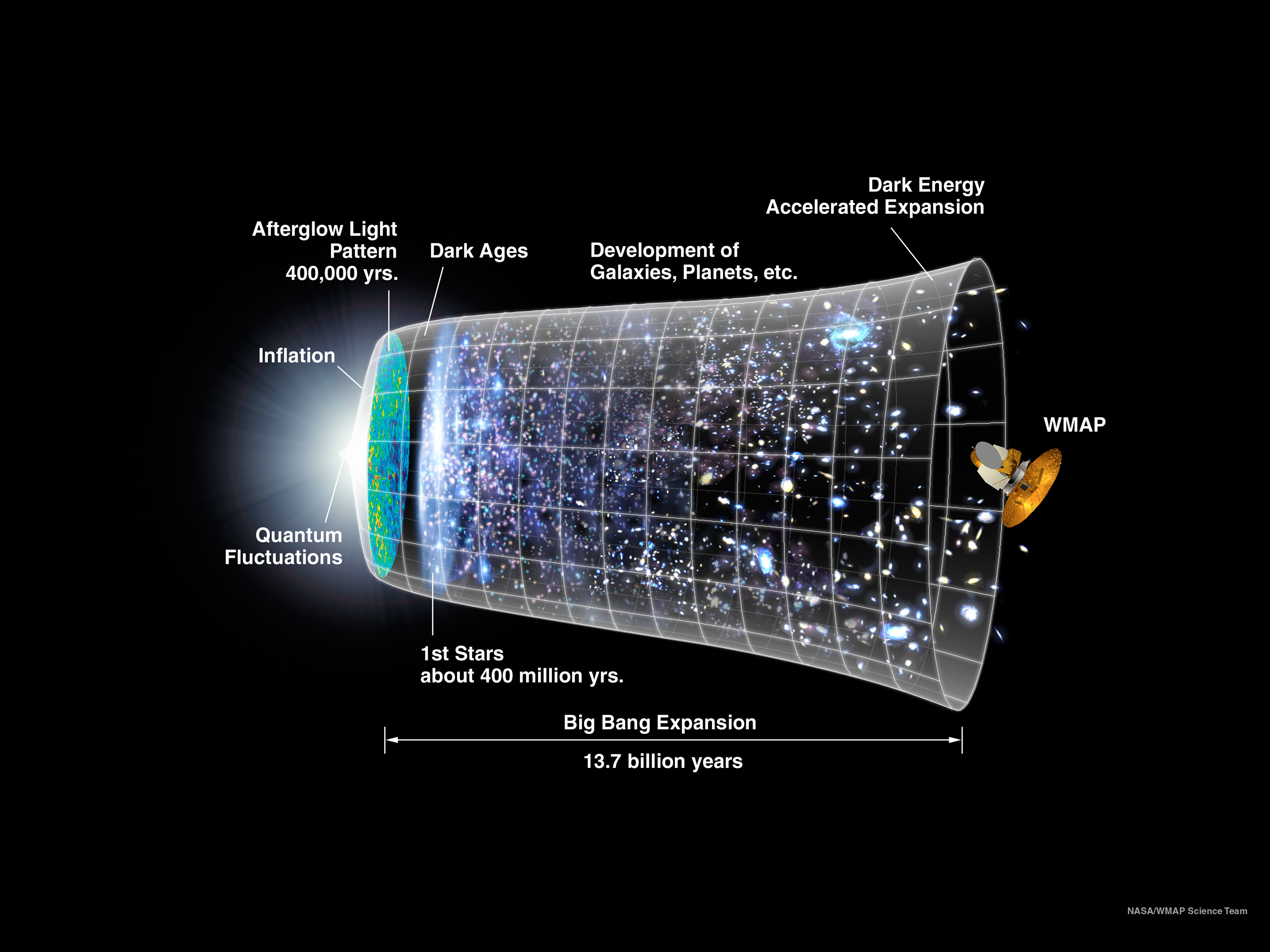
Big Bang, Deflated? Universe May Have Had No Beginning
By Tia Ghose published
A new way to reconcile quantum mechanics and general relativity could imply that the age of the universe is infinite, and that there was no true Big Bang that started it all.
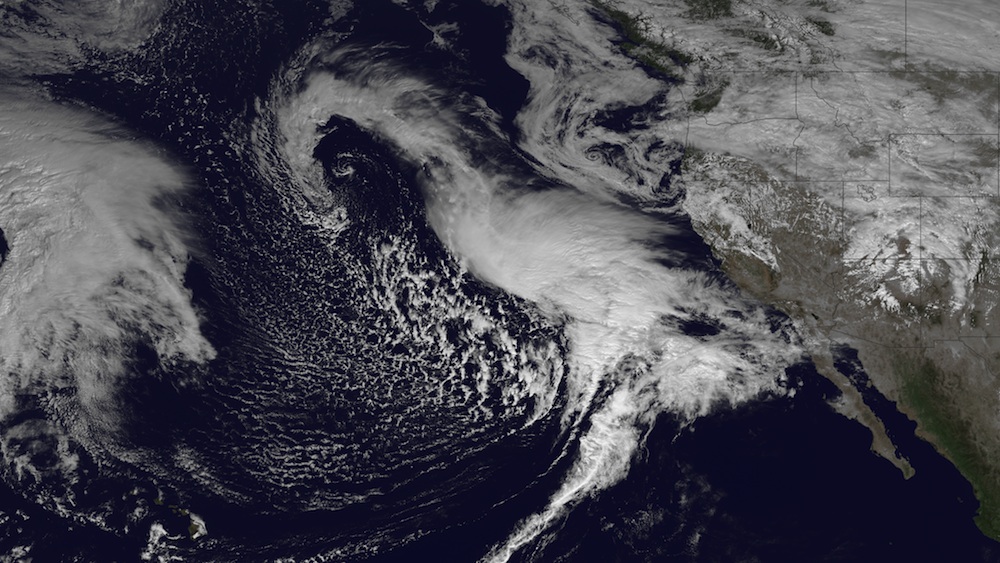
Storms Bringing Needed Rains to California Seen From Space
By Tia Ghose published
New images from space reveal the storms that are bringing much needed rains to California. Though the storms will help, they won't make much of a dent in the historic drought.
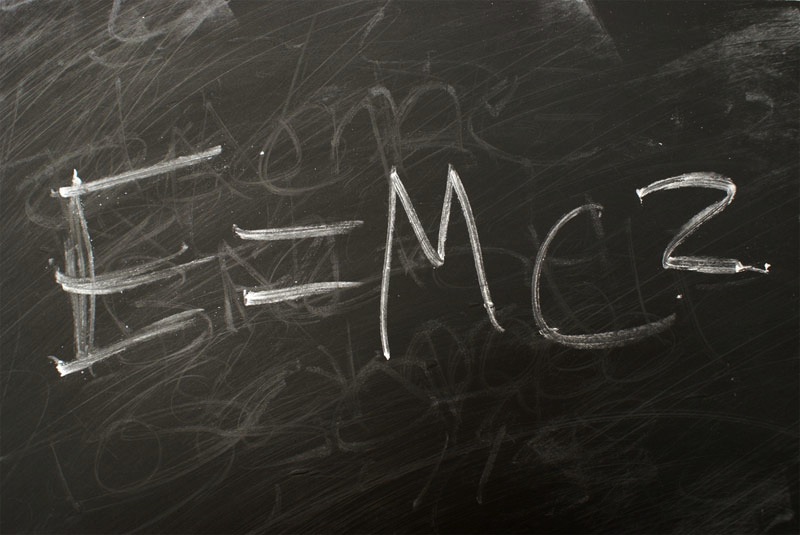
Tiny Numbers Can Predict Sizes of Objects in the Universe
By Tia Ghose published
Just a few fundamental physical constants that govern the physics of the universe can be used to predict everything from the size of the tallest mountain on a planet to the size of a neutron star.
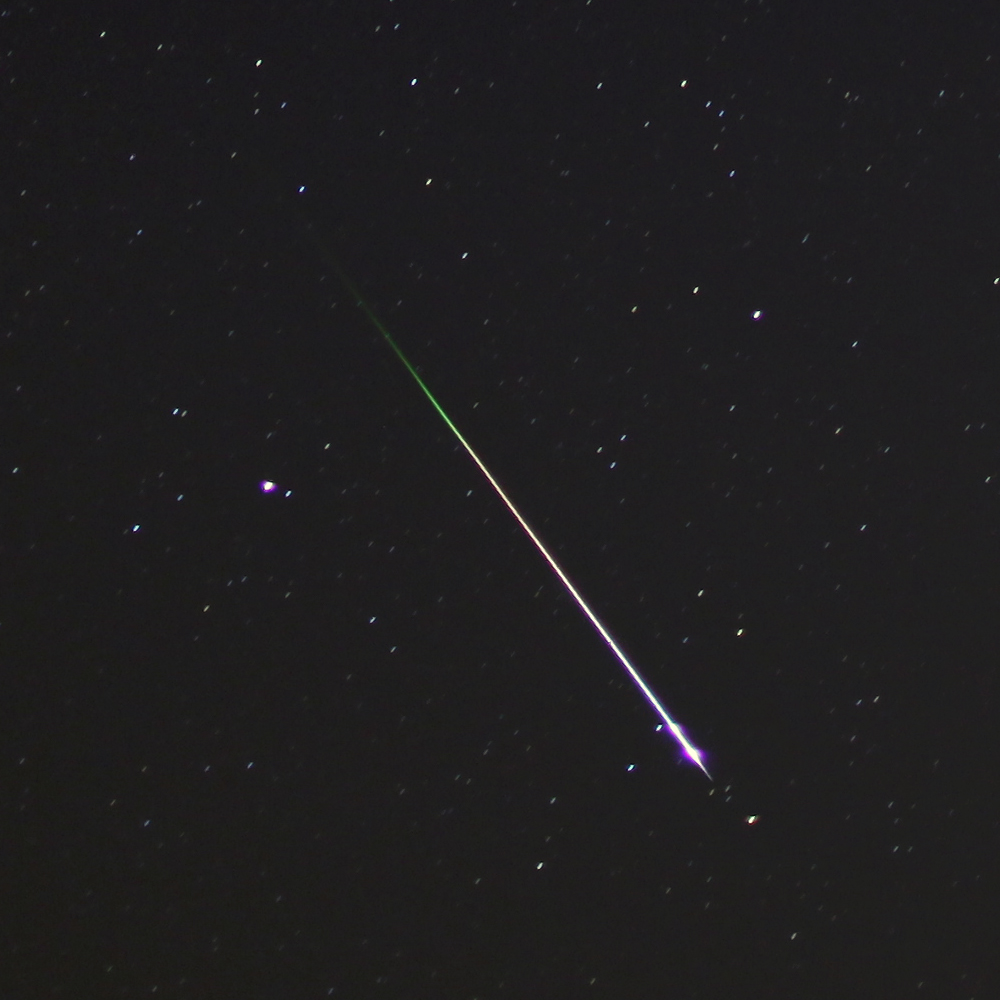
See the Leonid Meteor Shower Peak Tonight in NASA Webcast
By Tia Ghose published
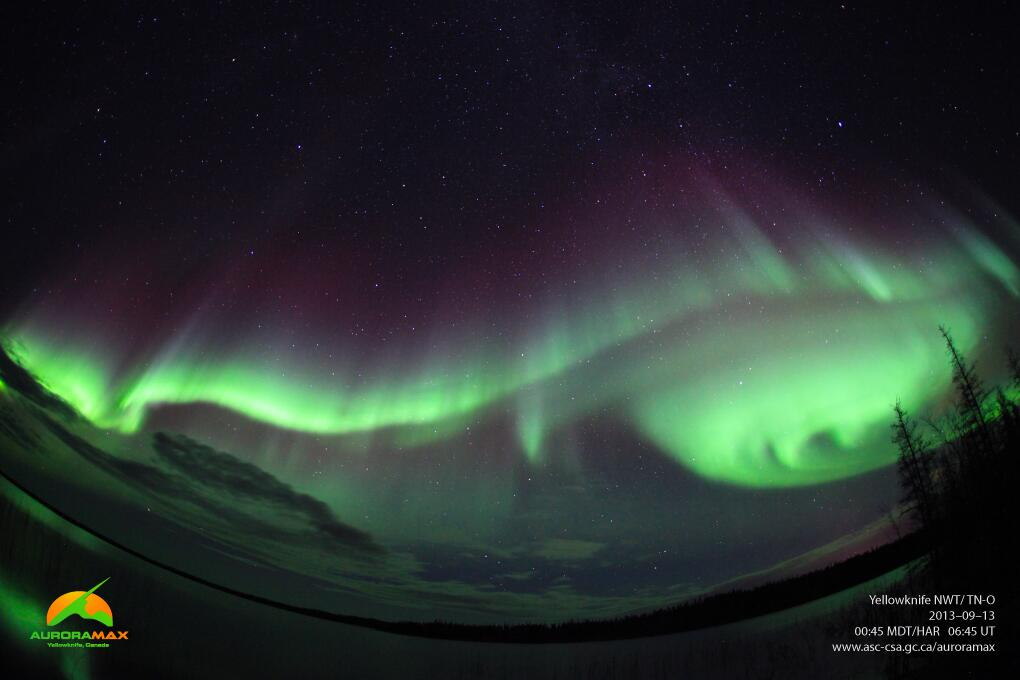
Source of Space Weather, Northern Lights Found In Earth's Magnetic Field
By Tia Ghose published
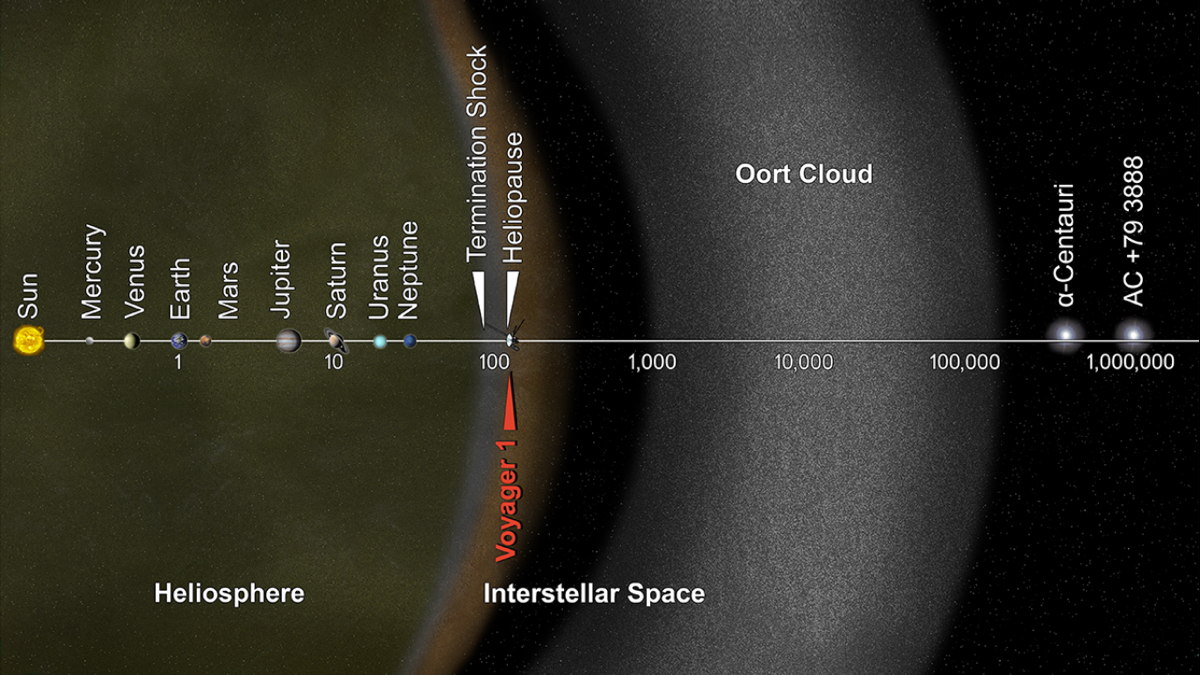
Voyager 1 Really Is In Interstellar Space: How NASA Knows
By Tia Ghose published
Changes in plasma levels around Voyager I revealed that the 70s era spacecraft had entered interstellar space. But even in interstellar space, Voyager is still under the influence of the sun.
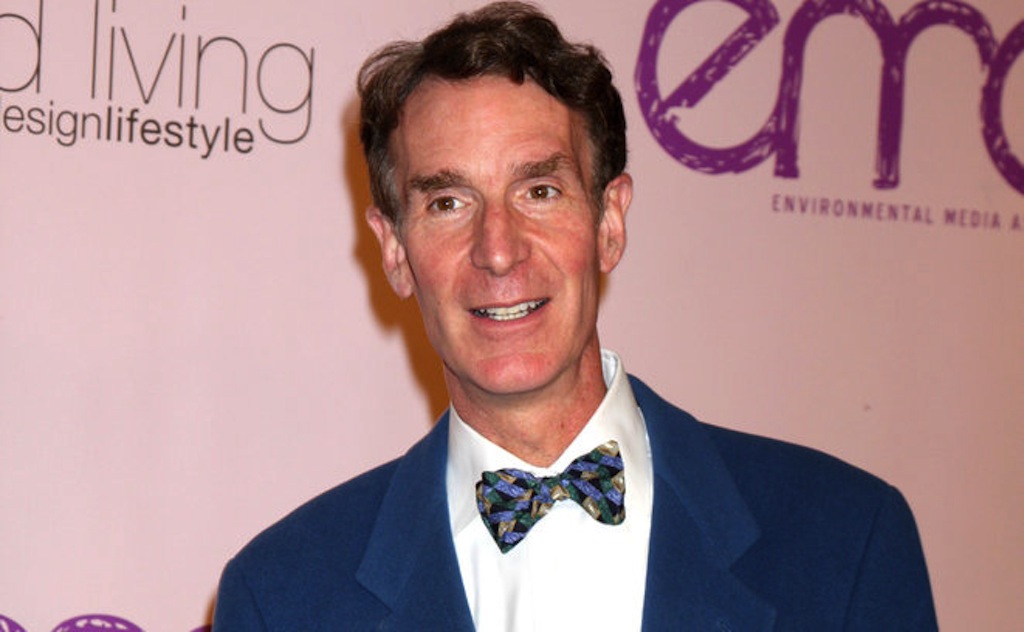
Bill Nye the Science Guy Gears Up for 'Dancing With the Stars'
By Tia Ghose published
Bill Nye is the next celebrity scientist to strut their stuff on the show "Dancing with the Stars"
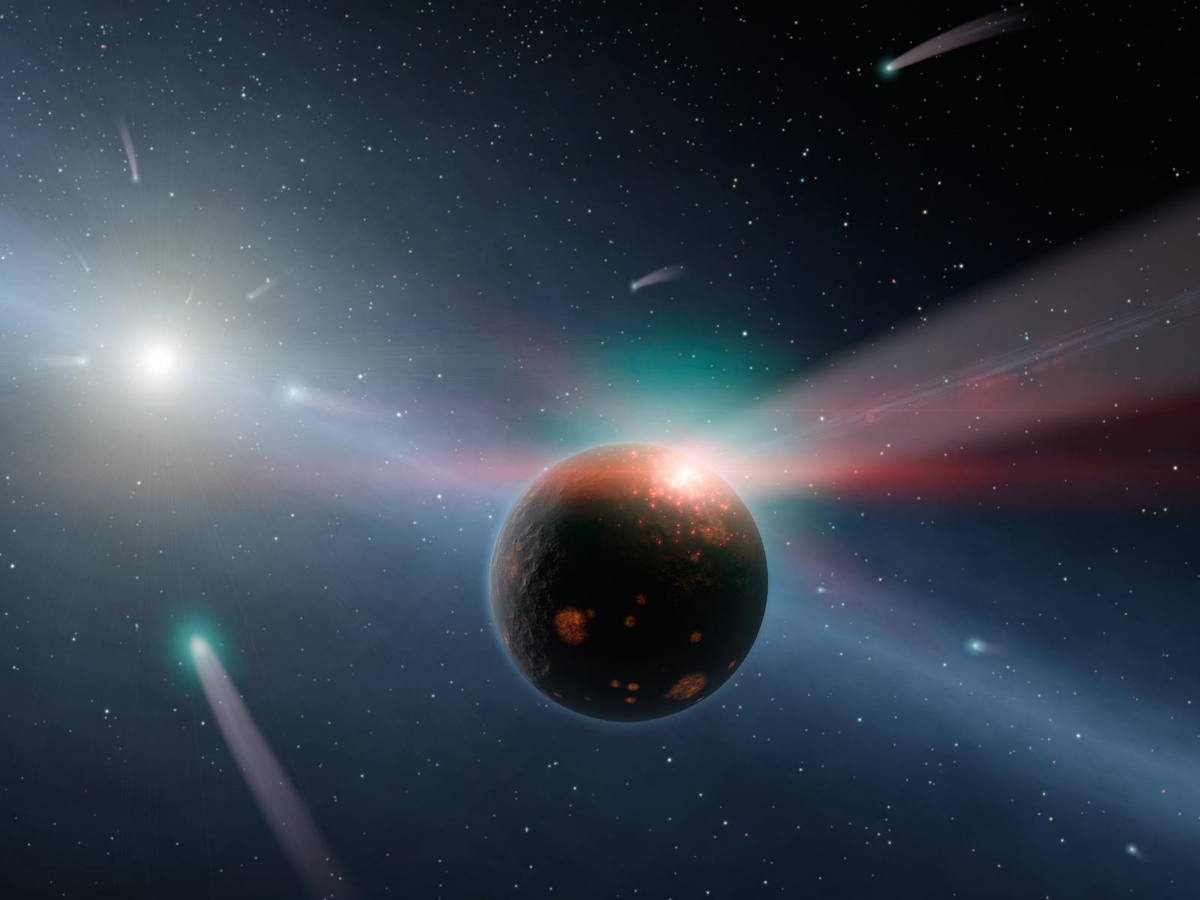
Did Comet Impacts Spur Life on Earth?
By Tia Ghose published
The incredible energy of comet impacts bombarding the early Earth could have helped create precursor molecules to life
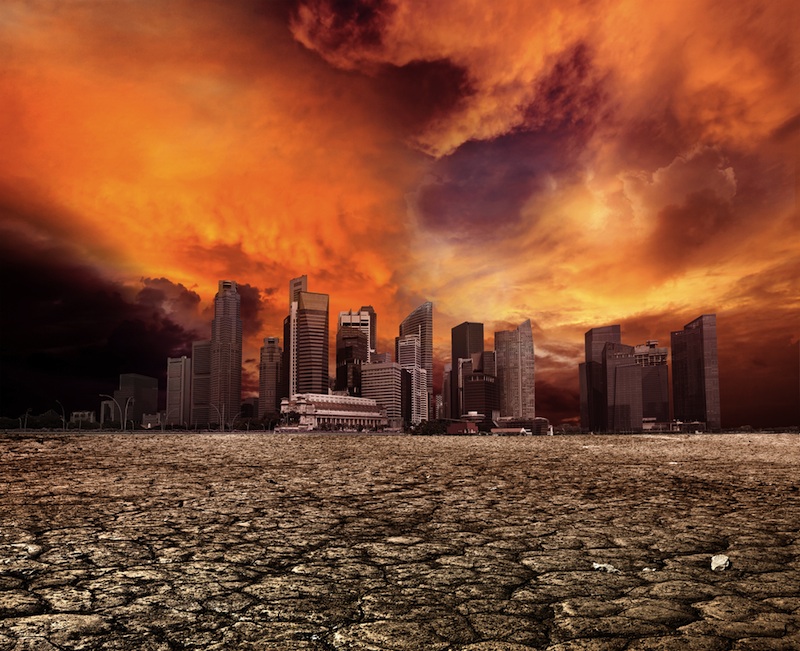
Doomsday: 9 Real Ways the Earth Could End
By Tia Ghose published
Hollywood may create far-fetched apocalyptic movies, but scientists' visions of planet Earth's doom are even more terrifying
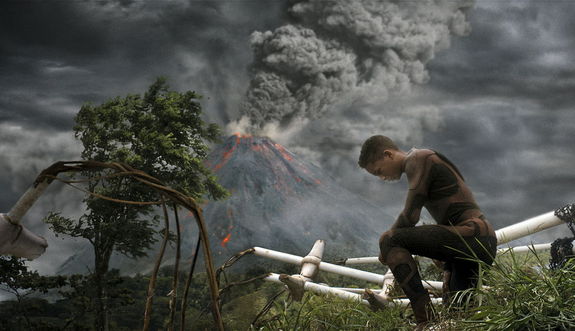
'After Earth': Science Fact or Fiction?
By Tia Ghose published
The movie “After Earth” takes plenty of liberties with science but may teach a wide audience about the human impact on the planet.
Get the Space.com Newsletter
Breaking space news, the latest updates on rocket launches, skywatching events and more!
